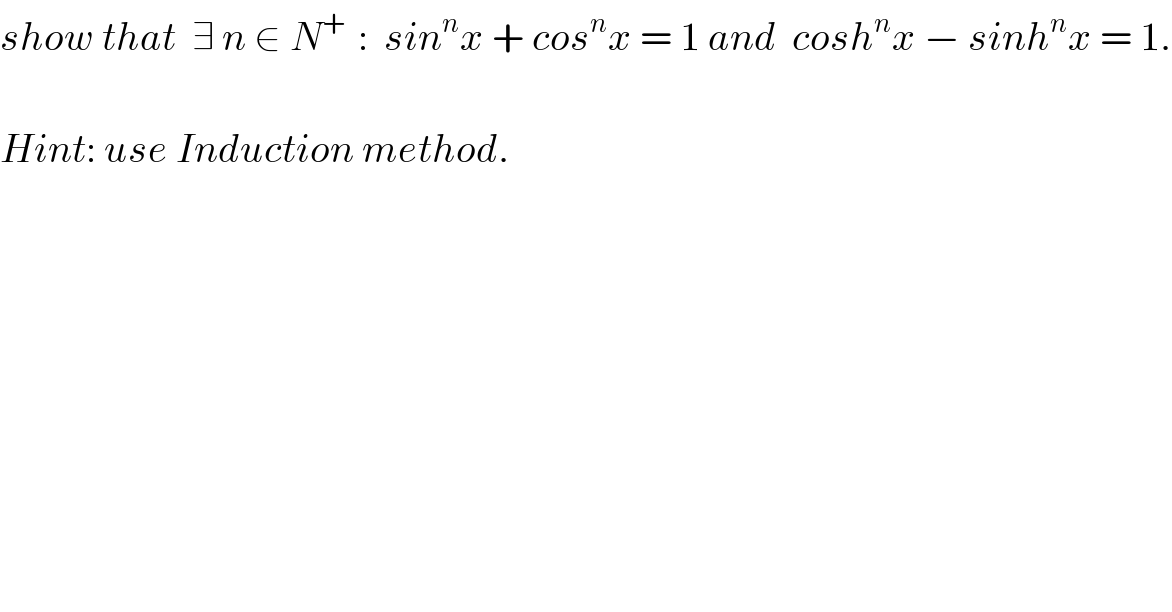
Question and Answers Forum
Question Number 67664 by Rio Michael last updated on 29/Aug/19

Commented by Rasheed.Sindhi last updated on 30/Aug/19

Commented by Rio Michael last updated on 30/Aug/19

| ||
Question and Answers Forum | ||
Question Number 67664 by Rio Michael last updated on 29/Aug/19 | ||
 | ||
Commented by Rasheed.Sindhi last updated on 30/Aug/19 | ||
 | ||
Commented by Rio Michael last updated on 30/Aug/19 | ||
 | ||